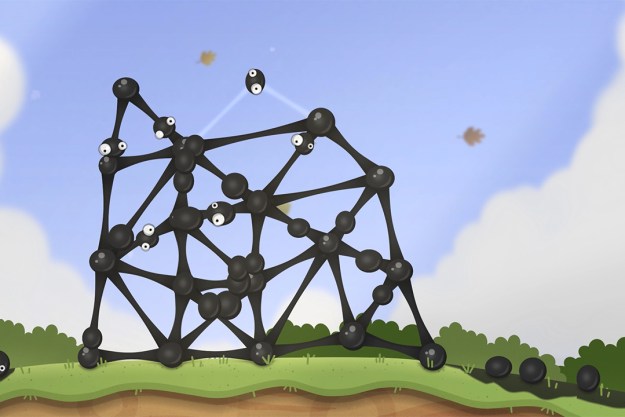Google will now let all mobile gaming developers use its Google Maps software for gaming development, which means gamers might see more of their games show up in real life.
Google announced more than two years ago that some development studios would be able to use Google Maps APIs to take gaming to the real world. Now, it’s expanding that ability to all mobile game developers, according to Google’s blog.
Using the Google Cloud Platform, developers can start a Google Cloud Project and download relevant software to use Google Maps APIs. Moreover, developers can then create game worlds that reflect the world and bring the game to real life. For example, players will see enemies in augmented reality according to where the developer places them.
Google also mentioned developers can add a “real-world mode” to games they’ve already developed. With this ability, Google states developers can rejuvenate player interest.
Now that all mobile developers have access to this feature, the possibilities for game creation are nearly endless. Currently, titles like Niantic’s Pokémon Go and Harry Potter: Wizards Unite dominate the AR gaming space. With mobile gaming developers able to utilize Google Maps, the potential for immersion has gone up significantly.
Mobile gaming may see a boost from this tool, as well. While the space is occupied by AR titles and short mini-games, Google Maps allows for developers to create entire games projected in the real world.
Mobile game developers may also use landmarks and monuments as part of their game maps. Google states that Google Maps covers upward of “220 countries and territories,” so it’s possible that developers will use major locations for events in-game. Simply put, there is a lot of potential within the development tool kit.
This is also an opportunity for Pokemon Go to step up its game. Niantic‘s popular AR game has maintained steady player traffic since its summer 2016 release. Perhaps now is the time for Pokemon Go to bring revolutionary additions to the table or for up-and-coming mobile game developers to challenge the throne. In either regard, Niantic will likely see its share of competition.
Editors' Recommendations
- I want more approachable Soulslikes. These new games show that it’s possible
- Now more than ever, we need Taylor Swift: Rock Band
- Amazon’s Fallout TV series is even more impressive than The Last of Us
- Stellar Blade feels more like a Soulslike than a fast-paced action RPG
- AMD makes older PCs more upgradeable once again



